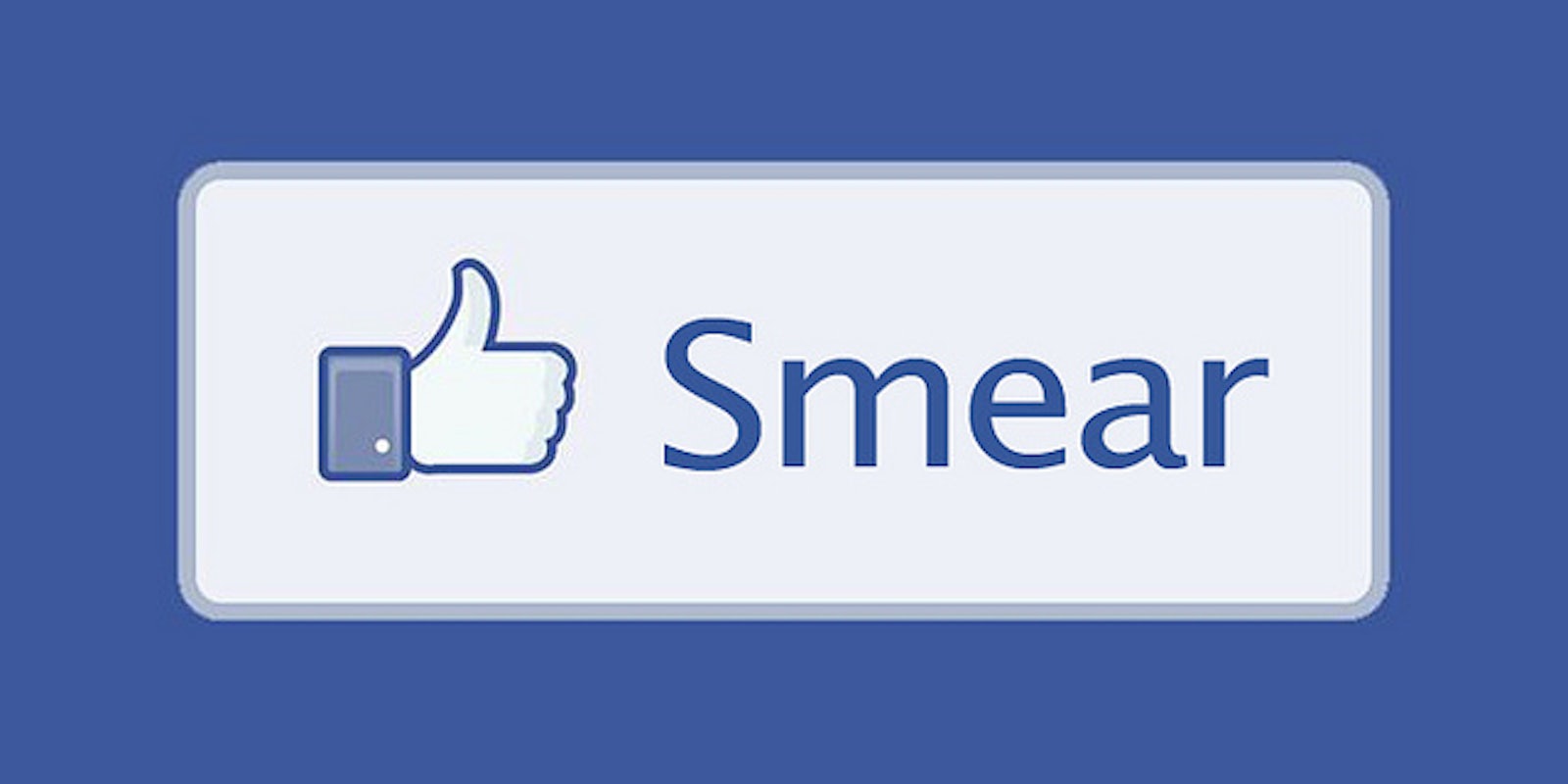Have you ever reported abusive content on Facebook? Ever wanted to?
Facebook’s new Support Dashboard, rolling out to users today, will let users who report content that violates Facebook’s Community Standards track the progress of their reports as they get reviewed by Facebook’s review team. The dashboard, designed to be more “transparent,” lets users see if their reports have been viewed yet, if a decision has been made, and even (supposedly) get insight into why that decision has been made. Users can then unfriend or block the person they reported right from the dashboard.
It’s too early to tell how the dashboard will work out, but it’s generated controversy with many users feeling it doesn’t go nearly far enough. In particular, the policy focuses entirely on those who make complaints, but does nothing for people or groups against whom complaints are made.
FacebookSafety announced the new features today. “At Facebook, we believe that safety is a shared responsibility,” it wrote, before reminding everyone to abide by community standards and report those who don’t.
Plenty of people have made such reports, but, as the Facebook announcement explains, “[W]e have consistently received feedback that once people report something to us, they did not know where it went or whether it was handled. Today, we are excited to announce initial testing of a feature that allows you to see what happens after you click “Report.” “
The proposal got 119 “likes” in its first four hours, but the majority of Facebook users who commented on the page expressed skepticism that it will actually help anything.
Peggy McCollum objected to the fact that the accused users have no way to check into the status or even content of complaints against them.
“I am active in a political cause-women’s rights. I have been blocked from messaging and friend requests temporarily. I believe that this is the result of those who are hostile to my cause infiltrating our group and sending false reports in […] an effort to bully me and harm our cause. How can this be addressed and corrected? I am having difficulty finding any page where I can have direct contact with anyone at Facebook. Very frustrating!”
Colleen King-First, by contrast, complained about the fact that reporting fails to allow users to report people who are not friends.
“This does not solve the issue! There is a person that has horrible, bulling posts about people. […] The people she trashes, can’t see the comments, and are NOT her friends. HOW DO YOU REPORT A PERSON THAT IS NOT YOUR FRIEND or any of your other friends? […] This bully can continue to spread nasty lies,, and degrade and hurt people.. and nothing is being done […] It is a problem for many people. What can people do about that?”
Angel Harmony complained that Facebook does not offer a way to recover hacked accounts. “[T]his still dont help those that have had there acounts hacked and cant get them back this is not fair help those who want there acounts back and stop these hackers!”
Other users took the opportunity to criticize Facebook for its overzealousness, rather than lack of transparency. Kyle Marnell asked, “So can people now post pictures of their Down’s Syndrome children participating in the Special Olympics without you fuckheads deleting their account?”
The few commenters who expressed approval of the policy left short, generic messages of support. Tuesday Peacock said “Hope it’ll be useful for us…thanks.” Aaron Bush typed “Cool” from his mobile phone, and Abhinav Kumar typed “Thats great!” from his.
Whether the skeptics or the fans turn out to be right about the Support Dashboard, Facebook said that access to it “will gradually roll out to people on Facebook starting today [April 26].” It did not specify how long it should take for all Facebook users to get it.
Photo by Todd Barnard


